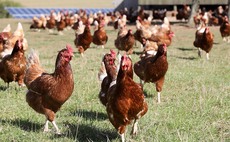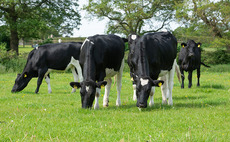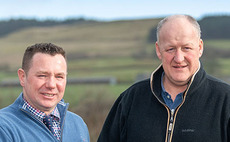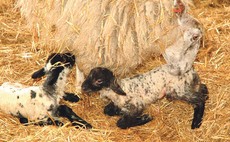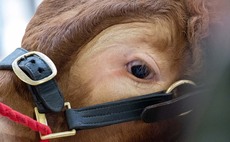Author profile
Livestock
The mandatory housing measures for poultry and captive birds, which were introduced across the United Kingdom to help stop the spread of bird flu, will be lifted on May 2.
Livestock
Upcoming changes to dairy genetic evaluations will lead to a slight shift in the running order in the AHDB bull rankings published next week (April 5).
Livestock
The Beltex Sheep Society has appointed Cumbria-based Pedigree Livestock Services run by Andy Ryder to take on the administrative roles for the breed Society.
Livestock
In what is thought to be the largest recorded data-set for sheep colostrum collected under commercial farming conditions, a new study has emphasised the importance of a good diet in late pregnancy and its link with colostrum quality.
Livestock
MEMBERS of the British Limousin Cattle Society have been informed that first generation progeny from a batch of imported semen from Jacot 36-94-005-555 should not be used for pedigree breeding.


 05 May 2022
•
5 min read
05 May 2022
•
5 min read
